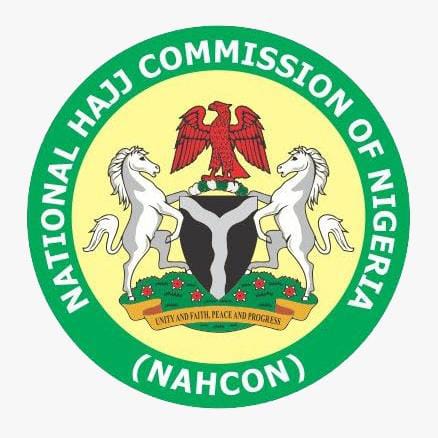The current challenges faced by Nigerian Muslims in obtaining Umrah visas for travel to Saudi Arabia during Ramadan are deeply regrettable and primarily stem from the misuse of privileges granted in the visa issuance process.
Umrah visas are allocated to countries based on quotas with Ramadan Umrah visas usually more expensive. Recently, the Kingdom of Saudi Arabia extended the visa validity to 90 days.
Many Nigerians secured these visas at lower costs during other periods, obviously in anticipation of performing Umrah during the holy month of Ramadan with them. These individuals exploited the visa validity extension by either prolonging their stays in the kingdom or holding onto visas without utilizing them until Ramadan, resulting in a shortage of available visa slots for other Nigerians.
The high demand for Umrah visas during Ramadan further exacerbates this shortage, leaving many Nigerians unable to fulfil their religious obligations.
So far, few visas do drop occasionally based on the number of Nigerians that free up the space by departing from Saudi Arabia, but paying for such few slots is a gamble hence pilgrims for the lesser Hajj are advised to be wiser.
Efforts are being made by the National Hajj Commission of Nigeria (NAHCON) to address this issue. NAHCON’s Saudi Liaison Officer has engaged in multiple discussions with the Ministry of Hajj and Umrah over the situation. Though these discussions have been constructive, he affirmed that the visa allocation follows a computerized system.
Additionally, NAHCON has officially written a letter communicating its concerns directly to the Kingdom of Saudi Arabia, outlining the implications of unavailable visas for Nigerian Tour Operators. Furthermore, the Chairman of NAHCON, Malam Jalal Ahmad Arabi, has personally visited the Saudi embassy in Nigeria to explore potential solutions to this matter.
We want to assure all Nigerian Umrah hopefuls that NAHCON remains committed to resolving this issue. NAHCON will continue to work tirelessly in collaboration with relevant stakeholders to find a satisfactory resolution to tisa inaccessibility.











Leave a Reply